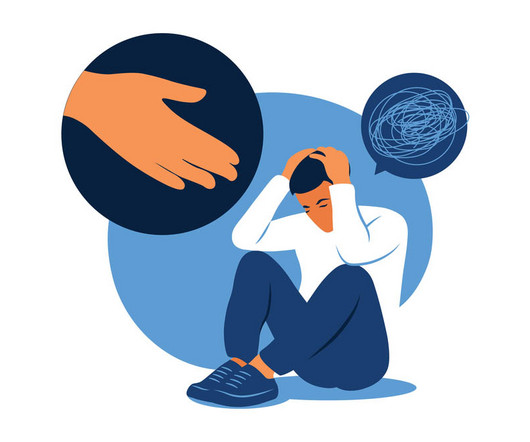Beyond the Pill Paradigm: Reclaiming Humanity in Mental Health Care
Mad in America
MAY 13, 2025
I n the clean hallways of today’s mental health centers, a quiet change is taking shape. You won’t see big protests or new laws, but more people are starting to see that the main way we treat mental healthfocusing on chemical imbalances and managing medshasn’t helped many folks who need real healing.












Let's personalize your content